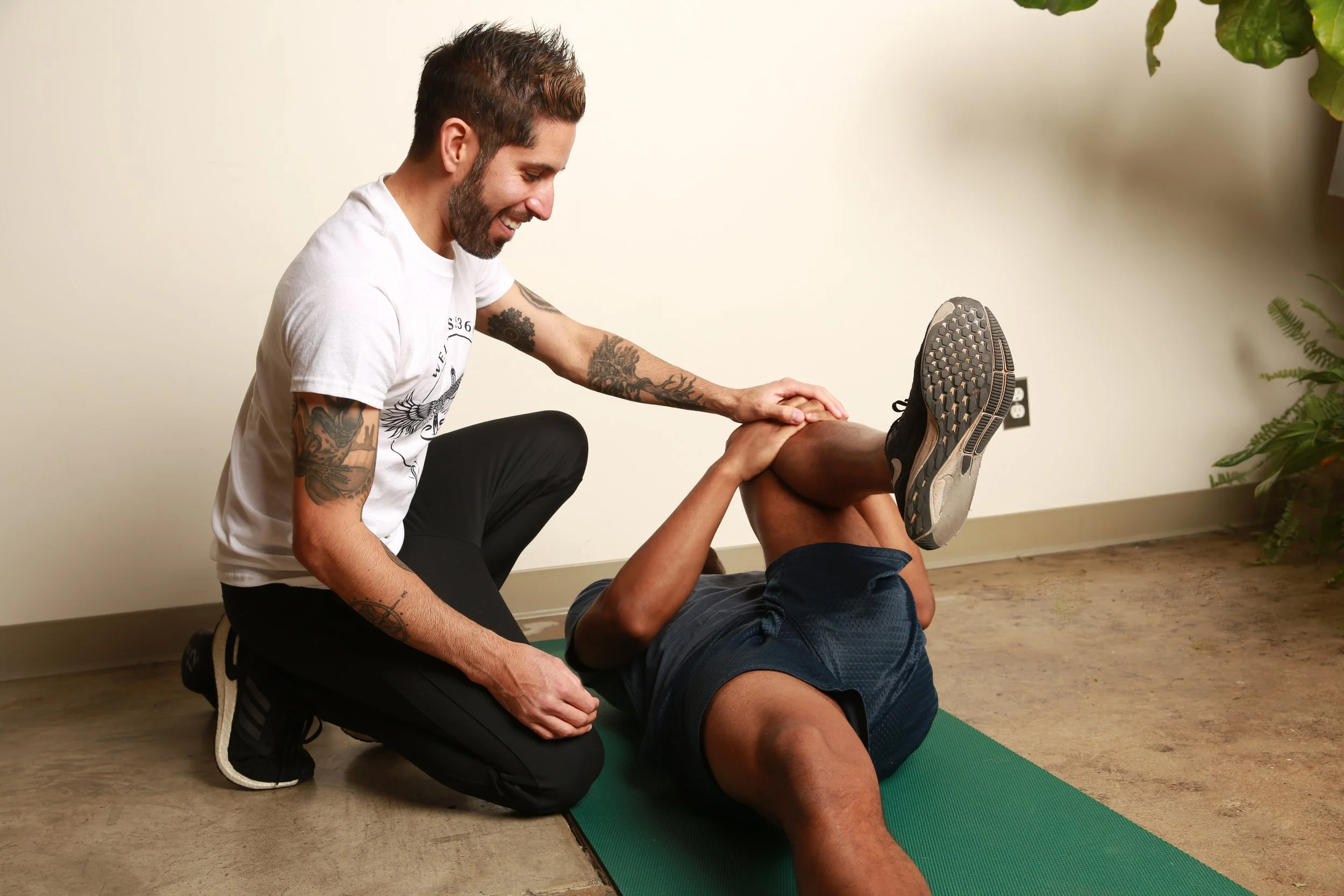In the world of fitness and sports, athletes constantly push their bodies to the limit. Intense training, repetitive movements, and high-impact exercises can often lead to tight muscles, restricted movement, and even injuries. One therapy gaining recognition among athletes and fitness enthusiasts for its effectiveness is Myofascial Release Therapy (MFR). This specialized hands-on technique focuses on releasing tension in the fascia—the connective tissue that surrounds muscles, bones, and joints—helping the body restore optimal function.
Here are the top 7 benefits of myofascial release therapy for athletes and fitness enthusiasts.
Enhanced Muscle Recovery
Intense workouts can create micro-tears in muscles and fascia, resulting in soreness and stiffness. Myofascial release therapy helps improve blood flow and oxygen delivery to these tissues, speeding up the recovery process. Athletes often notice reduced delayed onset muscle soreness (DOMS) after sessions, allowing them to train harder and more consistently without prolonged downtime.
Increased Flexibility and Range of Motion
Tight fascia can limit your flexibility and reduce your range of motion, affecting overall performance. By gently applying sustained pressure to restricted areas, MFR loosens fascial restrictions, improving flexibility. Enhanced range of motion not only supports better athletic performance but also reduces the risk of injuries caused by overextension or poor movement mechanics.
Reduced Muscle Pain and Tension
One of the most immediate benefits of myofascial release therapy is pain relief. Chronic muscle tightness and trigger points can cause discomfort, even outside of workouts. MFR helps release knots and tension within fascia and surrounding muscles, alleviating pain naturally and supporting long-term musculoskeletal health.
Improved Posture and Alignment
Athletes often develop muscle imbalances due to repetitive movements, heavy lifting, or sport-specific training. Over time, these imbalances can lead to poor posture, discomfort, and decreased efficiency in movement. MFR addresses fascial restrictions that contribute to misalignment, helping athletes maintain better posture, improved joint function, and balanced biomechanics.
Enhanced Athletic Performance
By releasing tension and improving muscle elasticity, myofascial release therapy can contribute to faster, more efficient movements. Athletes report smoother performance, better agility, and improved coordination after consistent MFR sessions. This therapy can be especially beneficial for runners, swimmers, weightlifters, and anyone who relies on precise, repetitive motions.
Prevention of Injuries
Fascial tightness and restricted mobility often increase the likelihood of strains, sprains, and other injuries. Myofascial release therapy addresses these issues proactively, helping to maintain healthy tissue elasticity and prevent overuse injuries. Regular MFR sessions can act as a preventive measure, reducing downtime and supporting consistent training schedules.
Mental Relaxation and Stress Relief
Beyond physical benefits, myofascial release therapy also provides mental relaxation. The hands-on, mindful approach can lower stress levels, reduce tension, and support overall mental well-being. For athletes, managing stress is critical for focus, recovery, and performance, making MFR a valuable tool for both mind and body.
How to Incorporate Myofascial Release Therapy into Your Routine
For maximum benefits, athletes can integrate MFR into their weekly training regimen. Some options include:
Professional sessions: Visiting a certified therapist ensures precise targeting of fascial restrictions.
Self-myofascial release: Using foam rollers, massage balls, or other tools can complement professional therapy at home.
Dynamic warm-ups and cool-downs: Incorporating gentle MFR before or after workouts can enhance flexibility and recovery.
Consistency is key—regular MFR sessions combined with proper training, nutrition, and rest can significantly enhance athletic performance and overall wellness.
Final Thoughts
Myofascial release therapy is not just a recovery tool—it’s a performance-enhancing strategy for athletes and fitness enthusiasts. From faster muscle recovery and increased flexibility to injury prevention and mental relaxation, MFR offers a holistic approach to maintaining peak physical condition. Whether you’re a professional athlete, weekend warrior, or fitness enthusiast, integrating myofascial release therapy into your routine can help you train smarter, move better, and feel your best.

